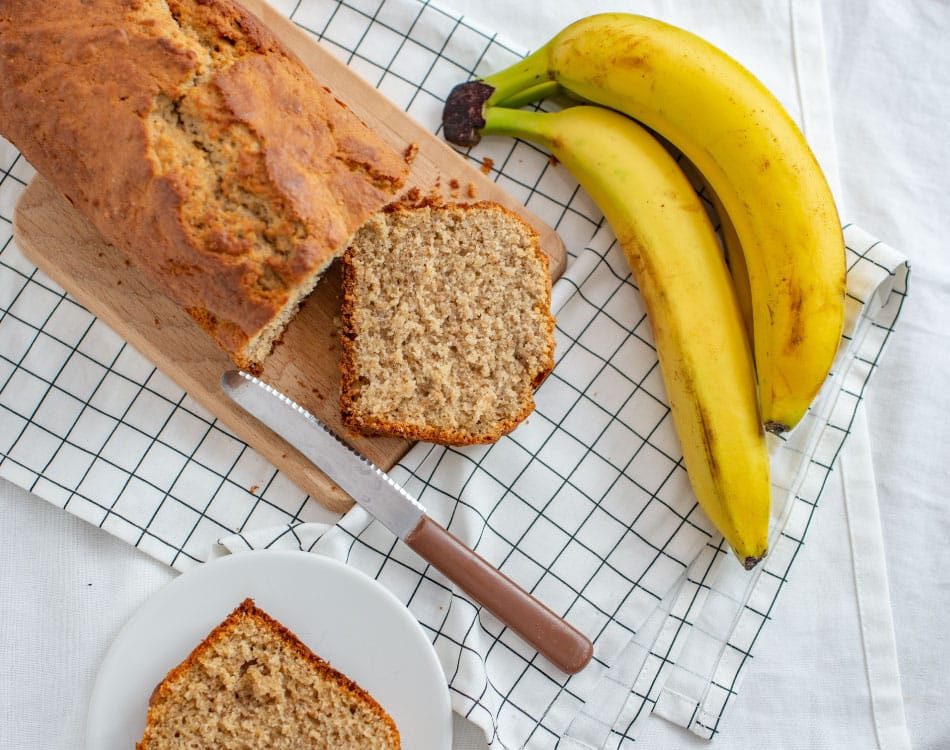With the New Year comes another opportunity to commit to being a healthier, stronger, slimmer and fitter version of you, but it’s vital to track your weight loss progress if you want to achieve your goal.
Your ability to reach your new fitness or weight-loss goals will be determined by your commitment and dedication to your plan, and, importantly, your ability to accurately track your progress.
READ MORE | Read The Signs For A Complete Picture Of Your Body And Health
1. Keep a log book
If you want to succeed, it’s important to track your progress on a weekly basis. Doing this will help you gauge whether your diet and training plans are working. Seeing positive change every week also keeps you motivated.
There are various ways that you should track your progress, in addition to monitoring your weight.
Only weighing yourself may not be the most effective way to track your progress as there are many factors that can affect your weight, like more muscle, water weight, the proximity of the weigh in to your last meal, and your menstrual cycle can all affect your weight.
That’s why using multiple methods of tracking is more beneficial. A combined approach is also more comprehensive, which helps to paint a clearer picture of your gains.
2. Take progress photos
Taking progress photos at the same time, in the same spot, under the same conditions every week will help you see the positive changes you are making, especially when you don’t feel like your body is changing at all.
3. Measure your body fat
If your goal is to lose weight, having your body fat measurements taken by a professional every week will more clearly illustrate the changes happening to your body composition. This will allow you to make changes to your diet and training plans accordingly.
4. Note how you feel
Even if your goal is to lose weight, your body will also change in many other ways. Take note of how you feel every week. If you’re constantly tired or hungry, it may signify that your calories are too low, or that you’re lacking vital micronutrients.
If you struggle to sleep at night, it might indicate that your calorie intake is too high, you aren’t training to your full capacity, or you’re eating or drinking something at night that is preventing you from falling sleeping. And, as we know, our bodies recover when we sleep, so don’t compromise on your sleep!
5. Note how your clothes fit
It’s simple, if your favourite jeans that didn’t fit two weeks ago, fit today, then you’ve lost weight and you’re making progress!
6. Weigh yourself
Despite the drawbacks already mentioned, tracking your weight is still a good means to quantify your progress. Just remember to weight yourself at the same time, under the same conditions every week, to control for as many variables as possible.
READ MORE | How To Test Your Fitness
Ultimately, what gets measured gets achieved, so don’t skip tracking your progress. It is an essential part of reaching your health and fitness goals.
















